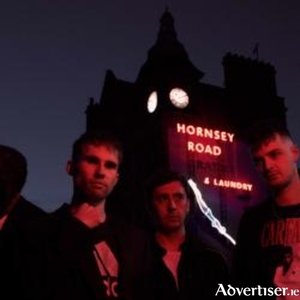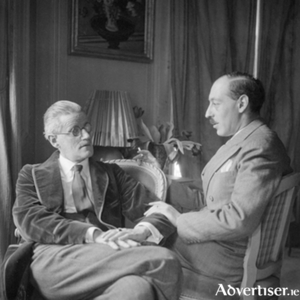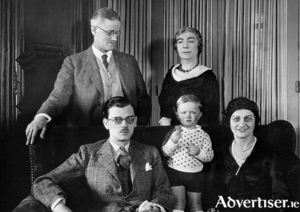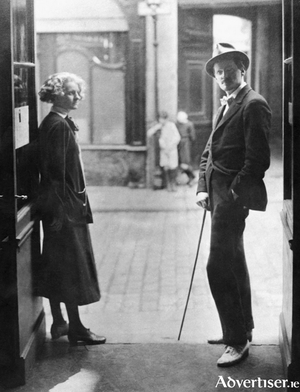Search Results for 'Ernest Hemingway'
8 results found.
The Saddest Story
“For sale: baby shoes, never worn” is a six word story that is often attributed to Ernest Hemingway, though many dispute the story originated with the American author. Whatever the source, it is possibly the shortest, and saddest, story ever written.
Clockworks' ticking timebomb to success

“The advice might seem obvious: do the thing you talk about you want to do, that is the key,” says James McGregor, singer, songwriter, guitarist and thinker of four-piece rock and rollers The Clockworks.
A story of two fathers and two children

The final chapter in the history of Shakespeare and Company, the famous Paris bookshop, began with the publication of James Joyce’s Finnegans Wake, in May 1939. The shop closed in December 1941 when a Nazi officer saw a copy of Joyce’s book in its window and asked to buy it. Sylvia Beach refused saying it was her only copy, and was not for sale. The officer threatened to return and confiscate her entire stock, and left. He returned the next day and demanded she sold him the book. Again Sylvia refused, and the officer, ‘trembling with rage’ warned that he would be back that afternoon and seize all her books.
Two weddings and a broken young girl

There has never been a concentration of outstanding literary and artistic talent such as that in the Paris of the 1920s. The city heaved with outrage and ecstasy at the paintings of Piccaso, and Henri Matisse, the music of Igor Stravinsky, and the wild dancing of Joséphine Baker at the Folies Bergere, and the most extraordinary avant-garde literature, where new boundaries were created by a wave of modernist writers, the most celebrated being James Joyce.
‘That Mr James Joyce is a man of genius’

Returning to Paris after an unsuccessful and troublesome visit to Galway in April 1922, Nora and her two children, Georgio (17) and Lucia (15) became aware that fame had come to the Joyces. Three months after its publication, Ulysses was recognised as a work of genius.
advertiser In brief...
Saolta IT ’30 years out of date’ – Canney
The complete consort dancing together
The line above is from Little Gidding, the last of the four long poems TS Eliot called Four Quartets.

